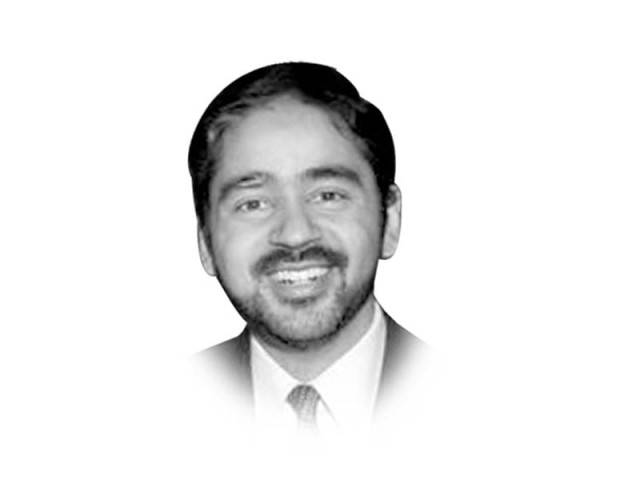The hard things to do
We were both at a conference, and I had asked him: why isn’t there more emphasis (or any emphasis) on funding projects

‘Because it is too hard’ was the response from a senior leader at a funding agency whose mandate is to support developing solutions to complex public health problems in Africa. We were both at a conference, and I had asked him: why isn’t there more emphasis (or any emphasis) on funding projects that would address problems faced by refugees and forced migrants, including at the agency that he runs? I have known this colleague for well over a decade, have worked with him on projects in East Africa (where he is originally from) and know that he is both aware of the global challenges, and as a scientist familiar with the research landscape.
We were both at a reception and had found a relatively quiet corner to chat. I probed him further: what do you mean this is too hard? He explained methodically. First, the problems are too complex. It is not simply eradication of a particular disease, or developing a new drug. It is far more challenging than that. Diseases are linked with living conditions, living conditions linked with socio-economics, socio-economics linked with politics. I wanted to know where he was going with this, so I pressed on the last point — about politics. He was frank. He said that refugees in general, in many powerful political circles, are viewed “as a problem” not as human beings who are suffering. The lens is almost always national security and political, rather than humanitarian. The governments he was getting his funding from viewed refugees as people who are likely to become a security problem, or at least were going to be unpatriotic and therefore unwelcome. Given this entrenched worldview among his funders, his own funding streams would be cut if he were to push for supporting refugees.
Two days later, I had the opportunity to spend an afternoon with another senior scientist, this time an American colleague trained in infectious diseases who has served at high positions at another research and funding institution. I posed him a similar question. His answer was similar to what I had heard before. He talked about privilege, and status quo. It is hard, he argued, for scientists and researchers, to come out of their comfort zone and do something that may be uncomfortable or challenge their clean and organized world. They are OK with great statements about equity, health for all, human dignity etc, but are unwilling to put the resources to make it happen.
I had both of these conversations in the last week, as the Middle East, saw yet again another episode of violence and tragedy. Those events, directly and indirectly, were informing the conversation I was having with these two research leaders. As I reflected on these events, along with what is happening with Afghan refugees in Pakistan, and protracted crises in so many other parts of the world, I felt that both of these colleagues were correct. Indeed, our empathy is highly selective. We are unable to feel the pain of others, especially of those we do not like. Some civilians for us are innocent, others deserving of violence. Grief of some people is real, of others irrelevant. This is not just a problem elsewhere, it is very much our problem too. We grieve for the suffering of children in Gaza, as we should, but have no problem seeing Afghan children as a security threat that needs to be handled with an iron fist. Our stock of empathy is empty for them.
We are also quick to jump on social media and become keyboard warriors in a world rife with disinformation, but not interested in doing the hard work of rebuilding when the media attention has shifted elsewhere. We prefer our comfort over constructive work. It is easy to issue another statement, much harder to do the demanding work of rebuilding in neglected and marginalised communities when no one is looking. We need to do the hard work if we really care, including the hardest thing of all: to look at our own selves and see how pure, honest and unbiased our own commitment to empathy and universal human dignity is.
Published in The Express Tribune, October 17th, 2023.
Like Opinion & Editorial on Facebook, follow @ETOpEd on Twitter to receive all updates on all our daily pieces.















COMMENTS
Comments are moderated and generally will be posted if they are on-topic and not abusive.
For more information, please see our Comments FAQ